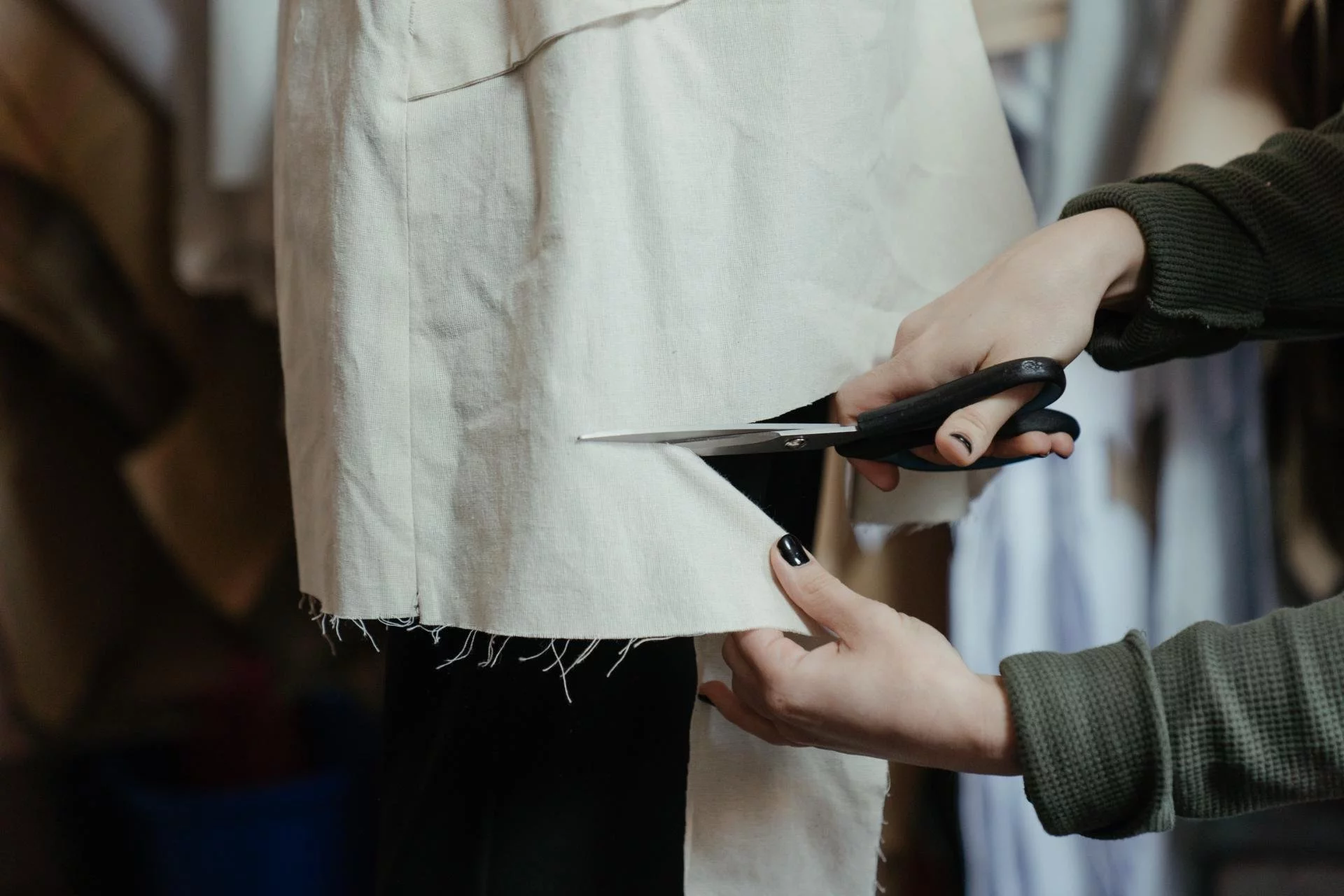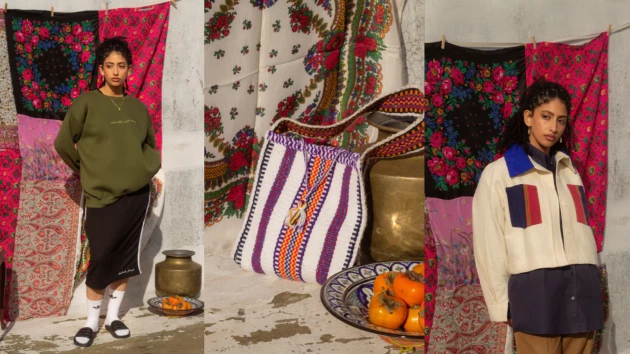
We celebrate the difference
The fine line between tunisian tailors and fashion designers
2 min read — Sep 08, 2021
Tailoring’s definition could fill a whole dictionary by itself.
“A tailor is the artisan who fits and measures a customer (think Savile Row). For a garment to be tailor-made is to be cut, it has to be constructed and made-to-measure for the individual ”
And, while this description appears to be a little exact, tailoring in Tunisia seems to have a very different aspect to it; let's consider that Tunisian tailors who have studied tailoring at tailoring institutes basically perform the whole process of manufacturing clothes by themselves.
And whilst we often think of a tailor as someone who merely sews clothing together and takes measurements, it is safe to argue that tailors in Tunisia, particularly freelancers, perform a more fashion designer/tailor function.
Which makes tailoring in Tunisia an ambitious profession that entails many facets of the entire clothing manufacturing process. And, in order to really grasp what Tunisian tailoring entails, I was able to get in touch with Monia and Souha, two tailors from quite different generations who opened my eyes to Tunisian tailoring.
“I learned tailoring when I was 15, it was an inherited profession because my mother was also a tailor and loved what she did, I studied at an institute for tailors and we basically learned how to be fashion designers and tailors at the same time, but that was in the 1970s,” says Monia, a freelance tailor with 40 years of experience.
And as we all know, fashion designers are the brains behind any clothing manufactured. But what’s fascinating about Tunisian tailors is that they appear to perform similar tasks to them, such as conducting research, formulating concepts, sketching, sewing, and creating personalized apparel.
“I created haute couture, suits, and classic everyday clothing for women of all ages, but tailleur will always be my favorite,” Monia said.
when asked why she wouldn't start her own brand
“I'm used to working with the same familiar customers, and it's too late for me to start my own brand now; I'm too old for that,” she explained.

Another tailor/fashion designer, Souha, 34, who has now given up her passion for fashion and works as a paramedical delegate, noted that it is now extremely difficult for tailors to find customers willing to invest their money in unique clothing and that with the spread of fast fashion, competing with these brands has nearly become impossible.
“Before the Tunisian revolution, tailors used to study at institutes that made them extremely qualified tailors who could either work as freelancers or work for well-known brands, and even their work at well-known brands wasn't just about sewing, it also included a lot of creative thinking,” Souha added.
However, things changed after the Tunisian revolution, with highly qualified Tunisian labor becoming more expensive, international brands relocated to Morocco, China, and Turkey, where labor is much cheaper, and this is basically why tailors are becoming increasingly difficult to find in Tunisia today, considering that fast fashion is increasingly encroaching on our country, displacing tailors.
But how much longer can this scenario go on? Tailors are losing hope these days, brilliant tailors like Souha with a passion for fashion whose ambitions and goals are being shattered by fast fashion and Tunisian regulations and accords that have left them in a highly vulnerable position.




